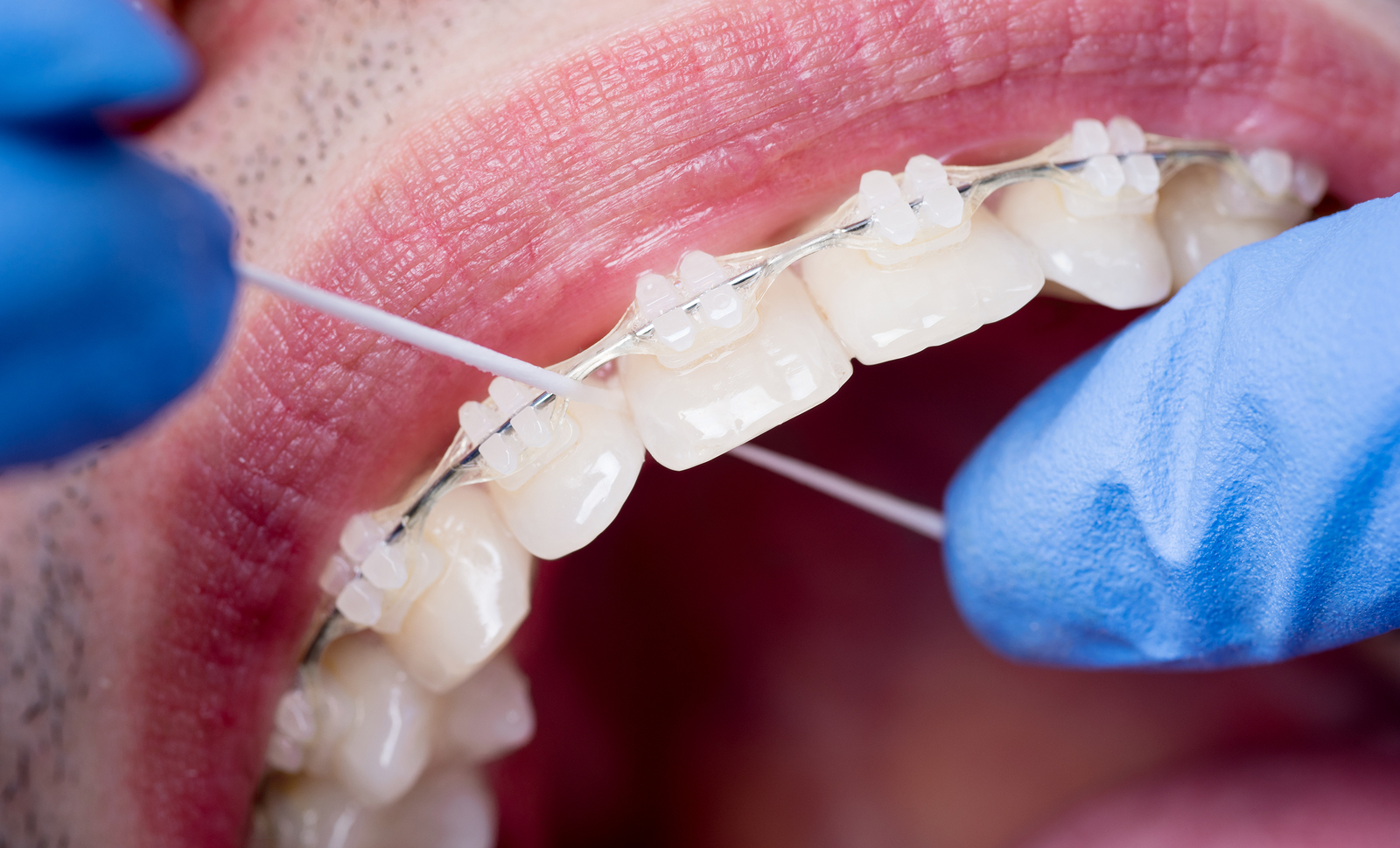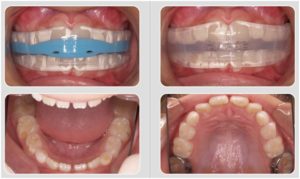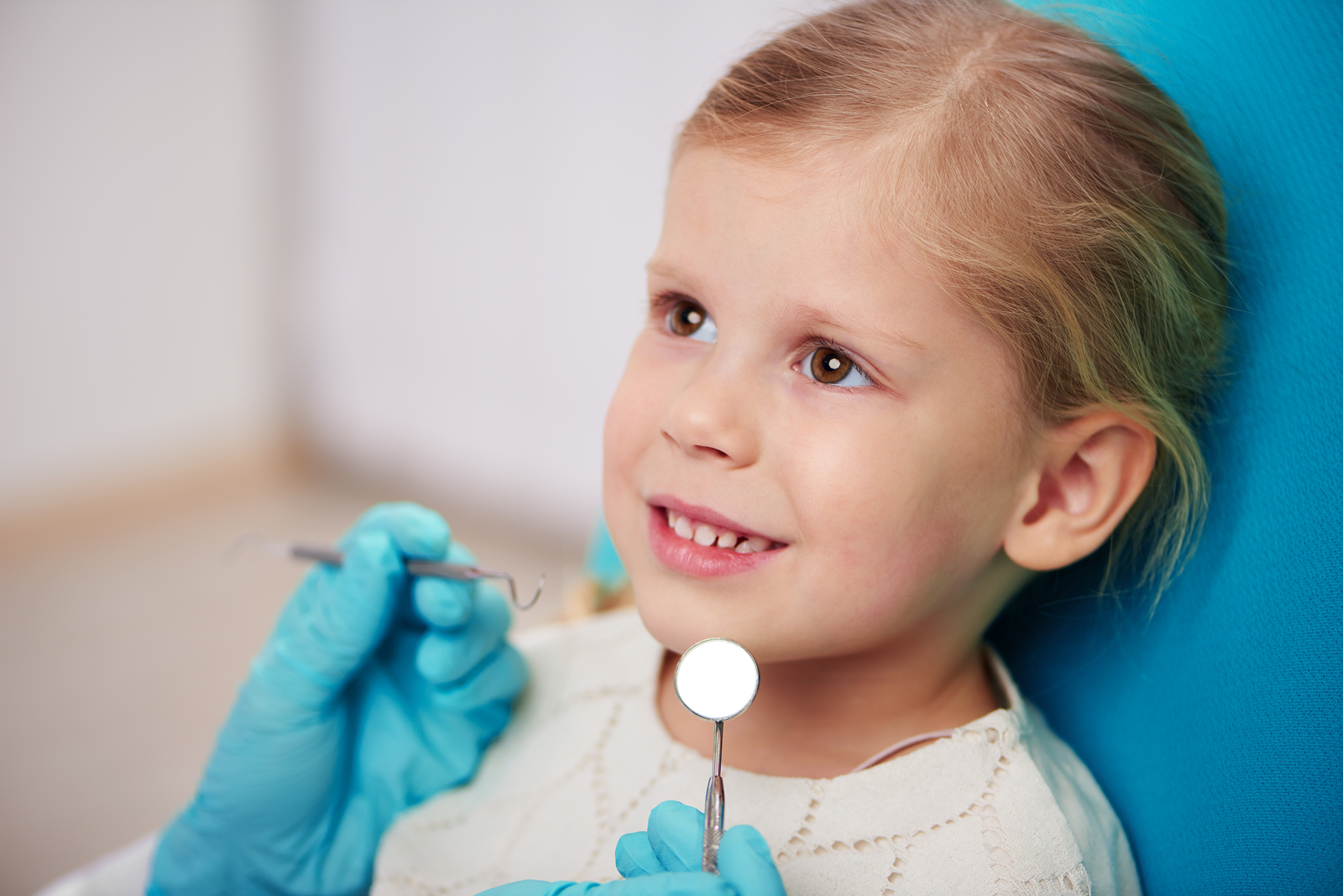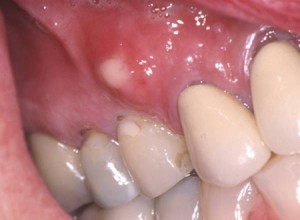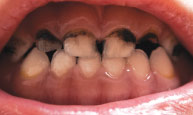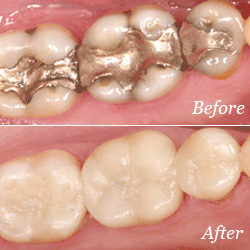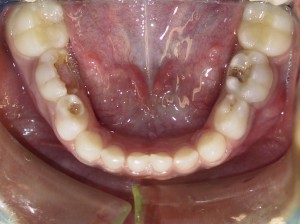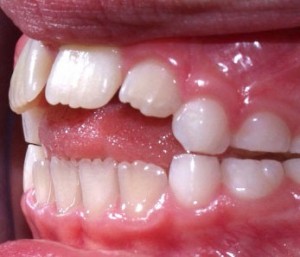A dental mouthguard is a molded piece of soft plastic which fits inside the mouth, to protect against trauma during physical activity. It helps to protect teeth from being loosened or knocked out, as well as the cheeks, lips, and tongue.
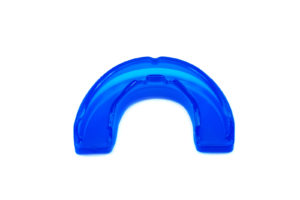
There are 3 main types of dental mouthguards, which provide varying degrees of protection:
- Generic stock-type mouthguards. These are a ‘one size fits most’ variety and typically can be found cheaply in a sports store. They come in small, medium, or large. These provide the least amount of fit and, therefore, protection. They could be too wide, too small, or too loose to provide adequate protection during gameplay.
- Boil and Bite mouthguards. These are semi-custom fit because you use hot water to soften the plastic, then you bite into the guard to mold it. While these mouthguards offer good protection, and are relatively inexpensive, they can also have the same problems as the Stock style in terms of a generic fit in width.
- Custom fit mouthguards. These are custom fit by your dentist and provide the greatest amount of protection. In addition to fitting your teeth, these also provide the best solution for breathability while wearing the mouthguard. This is also the best option for children with braces, so that the mouthguard doesn’t interfere with their treatment.
While there are pros and cons to each of these types of dental mouthguards, there are a few key questions to ask to help you decide which mouthguard to purchase:
- * Do you (or your child) play continuous activity sports (such as basketball, footie)?
- * Do you (or your child) wear braces or Invisalign?
- * Do you (or your child) play a number of sports throughout the year?
If you answered yes to any of these questions, then a custom fit dental mouthguard is a necessity. This will ensure proper fit, won’t interfere with other dental treatments, and will last you throughout the seasons. read more
